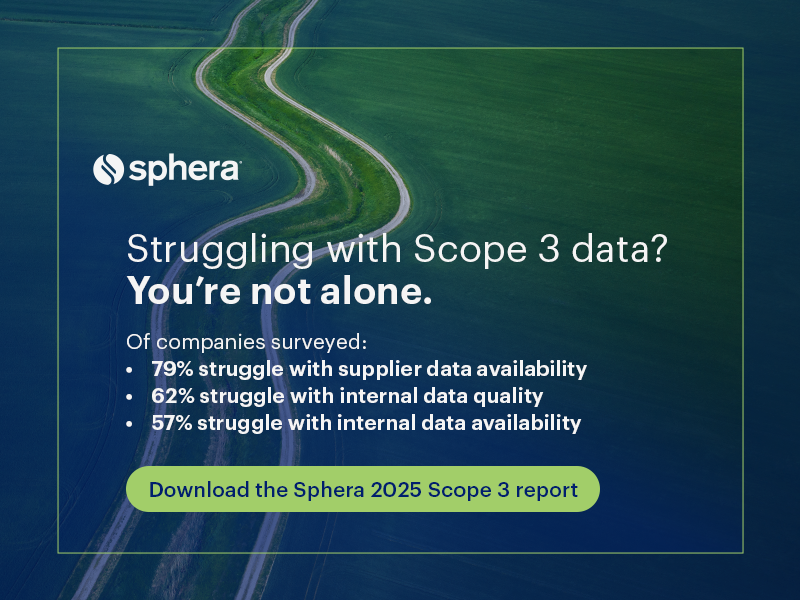Choosing a Career
Climatology – Climatologists study long-term trends in the climate.
Ecotoxicology – The study of pollution and its effects on ecosystems.
Environmental Education – Environmental educators teach park visitors about plants and wildlife.
Environmental Investigation – Investigates environmental offenses and enforces regulations.
Environmental Research – Researchers study a particular subject and how it relates to the environment.
Environmental, Health, and Safety Management – Involves workplace and community environmental, health, and safety issues.
Environmental/Ecological Engineering – Involves designing and maintaining pollution-control and environmental-remediation devices.
Forestry and Soil Conservation – Manage forests and rangeland resources by establishing and maintaining sustainable land use.
Game and Wildlife Management – Wildlife officers enforce state wildlife laws.
Industrial Hygiene – Concerned with the health effects of employee exposure to toxic and hazardous materials.
Marine Biology – The study of life in the world’s oceans, seas, bays and estuaries, including living marine organisms — from bacteria to whales.
Natural Resource Management – For those seeking a career in managing public lands, forests, fisheries, and more.
Occupational Health – An occupational health nurse is responsible for the health and well-being of employees in a company or hospital.
Oceanography – Includes a number of sciences with the common goal of understanding the oceans.
Range Management – Park rangers manage and maintain state and national parks.
Finding a Job – [Tips and hints on job searching]
Environmental Internships – A rich list of internship resources.
Job Links – Find links to the best sites that list environmental jobs.
Temporary Employment Agencies and Other Services – Agencies can be a great way to gain experience and contacts and even a permanent job — if you know how to best utilize their services and avoid pitfalls.
Tips for Job Searching – Advise on finding a job through search engines, automated listservs and more.
Getting Hired – [Insider strategies for landing a job]
Applying for Government Jobs – For those interested in environmental careers with federal regulatory and research agencies.
Educational Requirements – Your career path begins before you graduate: Learn what degrees are necessary for the top environmental positions, starting here.
Getting Your Certifications – Specialized training course for professionals in a specialized field.
Interviewing – Landed an interview for an environmental position? Brush up on your interview questions and vocabulary.
Networking and Research – Do your homework and keep good notes — and you may give yourself the best lead on your next job.
Writing a Resume – Consider posting your resume online.
Writing an Environmental Cover Letter – Successful cover letters give potential employers a clear sense of your desired position and relevant skills.









